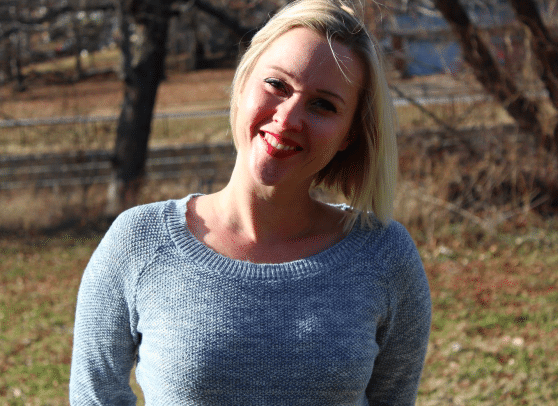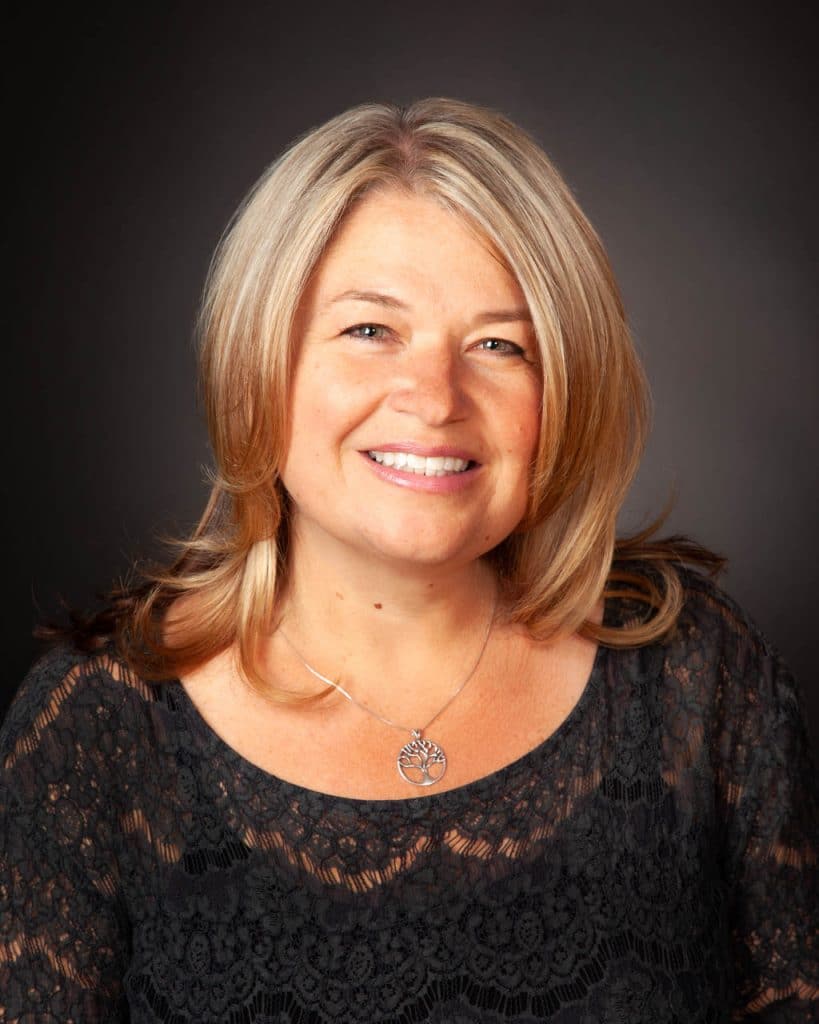The Northern Arizona University Master of Social Work (MSW) Program was granted initial accreditation by the Council on Social Work Education (CSWE), a hard-earned achievement that has been in the works for eight years.
CSWE was founded in 1952 and serves as the only national accrediting agency for social work programs. It aims to support quality social work education and provides opportunities for leadership and professional development. Currently, it has accredited more than 750 baccalaureate and master’s degree social work programs. Adding NAU’s MSW to its list means students can get licensed to practice social work and call themselves a social worker upon graduation. It also means students are being trained to meet the highest national standards for social work practice.
“Now that we are accredited, students can become licensed to practice social work,” said Natalie Cawood, chair of the Department of Social Work. “Without the accreditation, students are not actually social workers. Having an accredited program is the baseline expectation for students who are looking to enroll in a MSW program. With accreditation, students will be able to enroll with full confidence that they will be able to pursue their professional aspirations upon graduation.”
Since 2011, Cawood has led NAU’s social work program, which has grown from a 200-student bachelor’s program housed within another department to its own stand-alone department now enrolling more than 650 students in the BSW and MSW programs combined. The faculty has grown alongside it as well, starting with five members and now employing 18.
The MSW program started in fall 2018, the same year social work became its own department. The first cohort of students graduated this spring. The MSW started out as a two-year traditional program with curriculum addressing ways for students to learn and practice ways of working with diverse groups and clients that best enable members of those communities to achieve their goals. The program was further developed to offer a 12-month advanced standing MSW option. Earning the accreditation from CSWE heightened the value of these programs.
The actual CSWE accreditation process—meaning the work with the association alone—took three years, but the development to that point has been eight years in the making. Becoming accredited is not only an MSW program milestone, but it’s also a professional milestone for those who were involved in the work to get there.
Cawood initiated the first formal proposal about the development of the MSW program at NAU in early January 2013. Back then, along with Cawood, the first instrumental people in the process were Stephen Wright, then-dean of the College of Social and Behavioral Sciences (SBS) (now-professor of politics and international affairs); Ramona Mellott, then-dean of the Graduate College (now-dean of the College of Education); and Daniel Kain, then-Vice Provost (now-professor of teaching and learning) who all supported the process and the vision for the MSW program. As the next dean of SBS (now-professor of sociology), Karen Pugliesi, took over, efforts continued and she advocated for moving the proposal forward.
Once she had the support of faculty, Cawood led the way in the development of the curriculum and learning outcomes along with all the writing of the accreditation benchmark documents and self-study. This required building the MSW program to meet the standards mandated by CSWE, which included establishing the mission and goals of the program, the degree plan and course syllabi and describing the administrative structure, field education component, student admission policies and program assessment. During the three years prior to accreditation, written documents were submitted to demonstrate that the program was on track to meet standards and site visits were required where CSWE Commission on Accreditation representatives met with NAU faculty, students, staff, internship supervisors and university administrators to discuss the program.
“The process took many years and would not have been successful if it weren’t for the enthusiasm and determination of the social work faculty and staff,” Cawood said. “Without the hard work to educate the NAU administration on the regional need and marketability of the MSW degree and the support of key institutional leaders, we would not have achieved this milestone.”
Changes in university leadership over the development of the department proved challenging as the program moved forward. Cawood said the importance of the program and how it would benefit NAU as a whole and students had to be reiterated when new administrators came in, but beyond that, the primary challenges were ensuring all steps were being made to build the curriculum and communicate those steps to the accrediting body.
The accreditation is retroactive and will cover the first students who entered the MSW program in 2018. To maintain the accreditation, an annual report will be written addressing student performance and learning competencies. In four years, CSWE requires a full self-study of the program, and once that is approved, a full self-study will be required every eight years.
“We are most excited that the accreditation gives students the confidence that we have a quality program recognized by the national accrediting body for social work education,” Cawood said. “This is the goal of all social work degree programs and it is the expectation from students and the social work community.”
With the accreditation, students know they can enter the program and graduate with the experience they need to start on their career paths.

“Social work isn’t just a passion, it’s a duty—one that I think is inherent in us all,” said MSW student Tara Glaus. “Taking the time to learn and be curious about the lives and well-being of others doesn’t just benefit that person or self, but benefits the whole of society. What’s better than using your passion and duty, and making a career out of it?”
“The program was very supportive to my learning process because of how engaged the professors are,” said MSW graduate Rebecca Stoffel. “I feel the program fit my needs because the assignments were meaningful and facilitated application of relevant skills for the field. My favorite part of the program was my field placement, which allowed me to work with clients in the setting I have always imagined. Overall, the program has made me feel confident in my ability to work with my current clients and continuing my work with diverse populations.”
After building the program from scratch, Cawood and other faculty members hope it will continue to prepare master-level social workers for professional social work practice, an important role in serving the populations with whom graduates will work.
“None of us had ever been through the accreditation process before,” Cawood said. “It is a great accomplishment. We expect that enrollments will continue to increase and our hope is to be able to deliver a high-quality NAU program, where students are known by their faculty and have a rich experience. We look forward to ongoing and increased community connections for student field placements and potential partnerships across departments at NAU. We are pleased that the NAU MSW program will support the professionalization of the workforce in Arizona and beyond.”
Jacklyn Walling | NAU Communications




